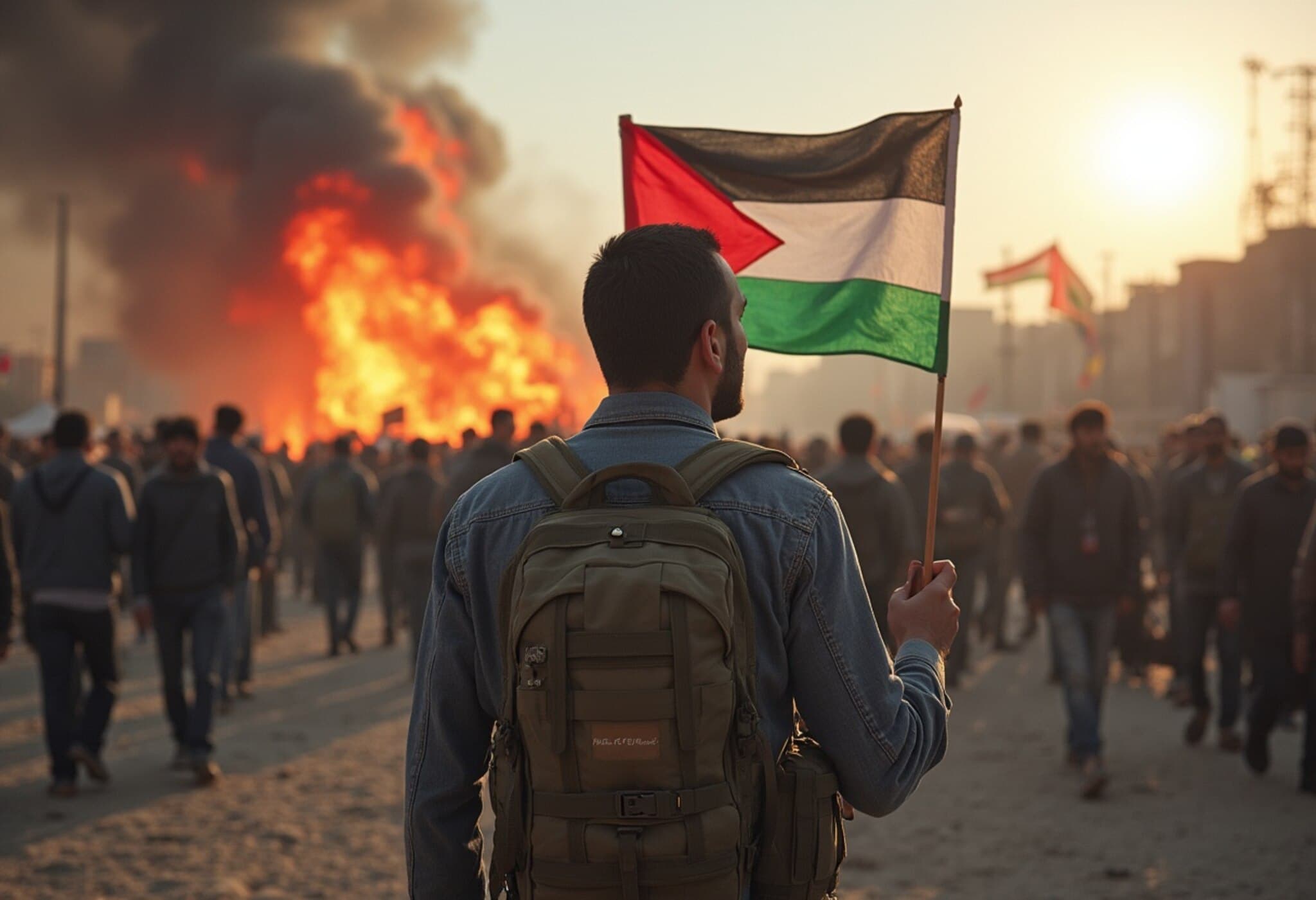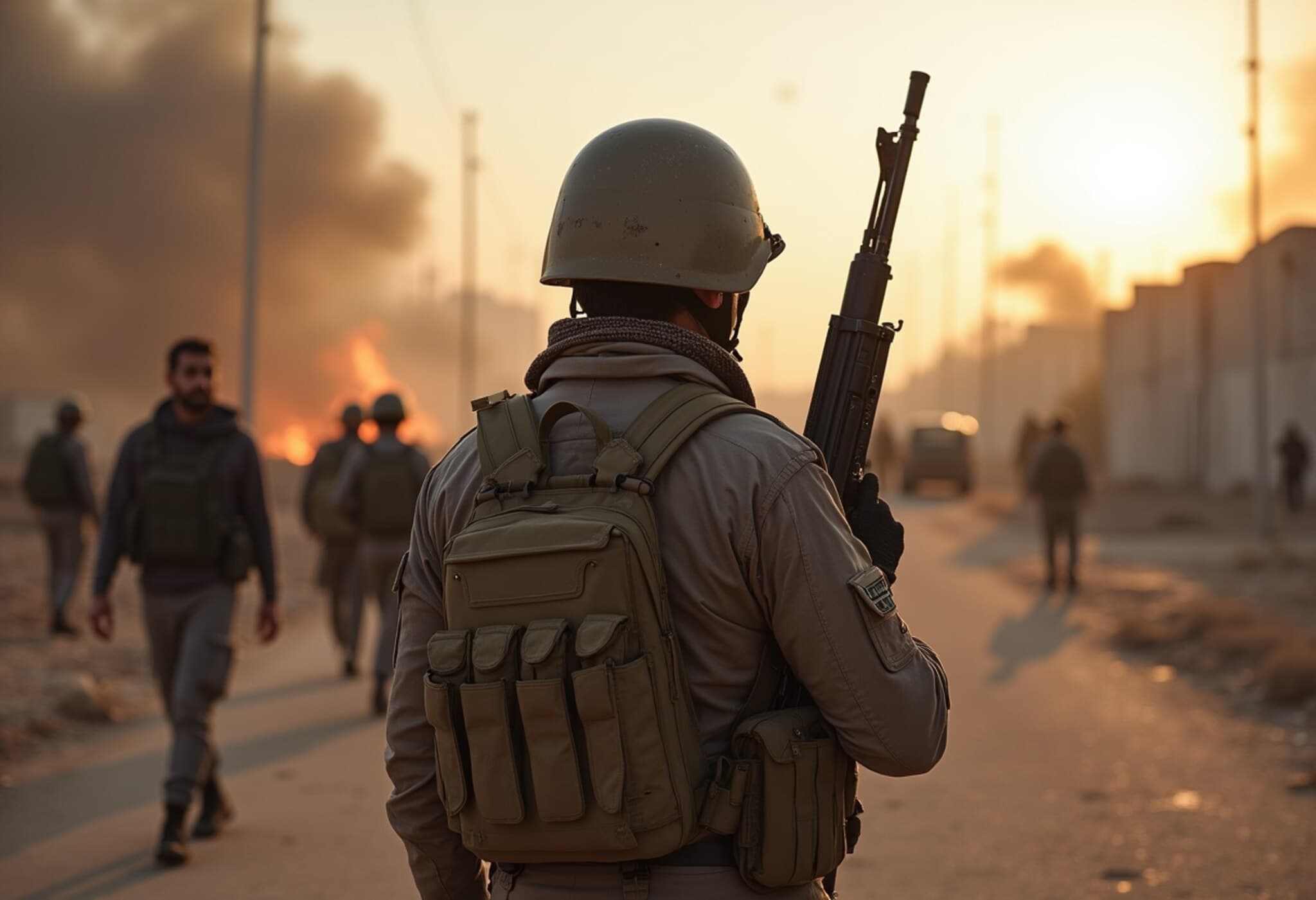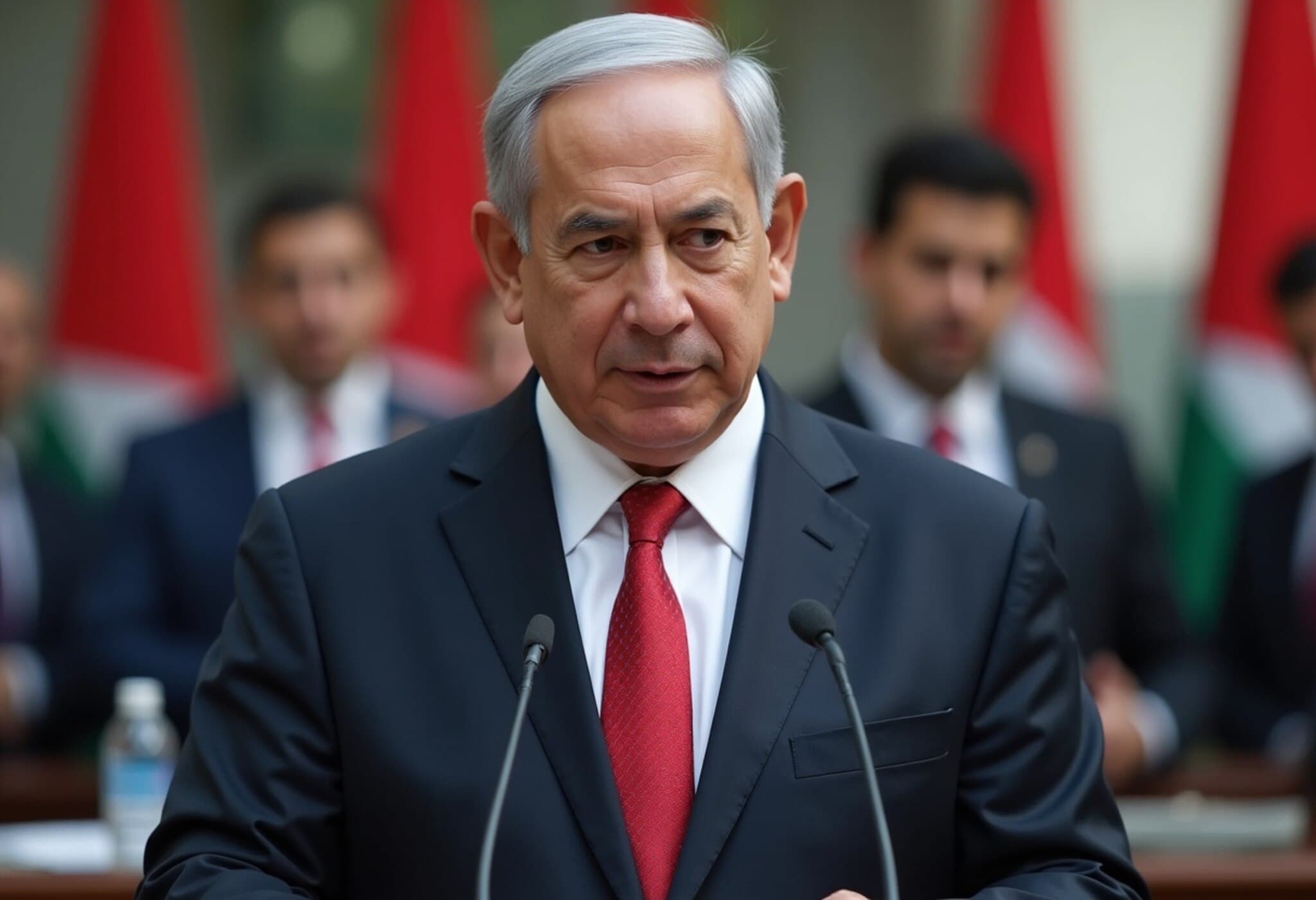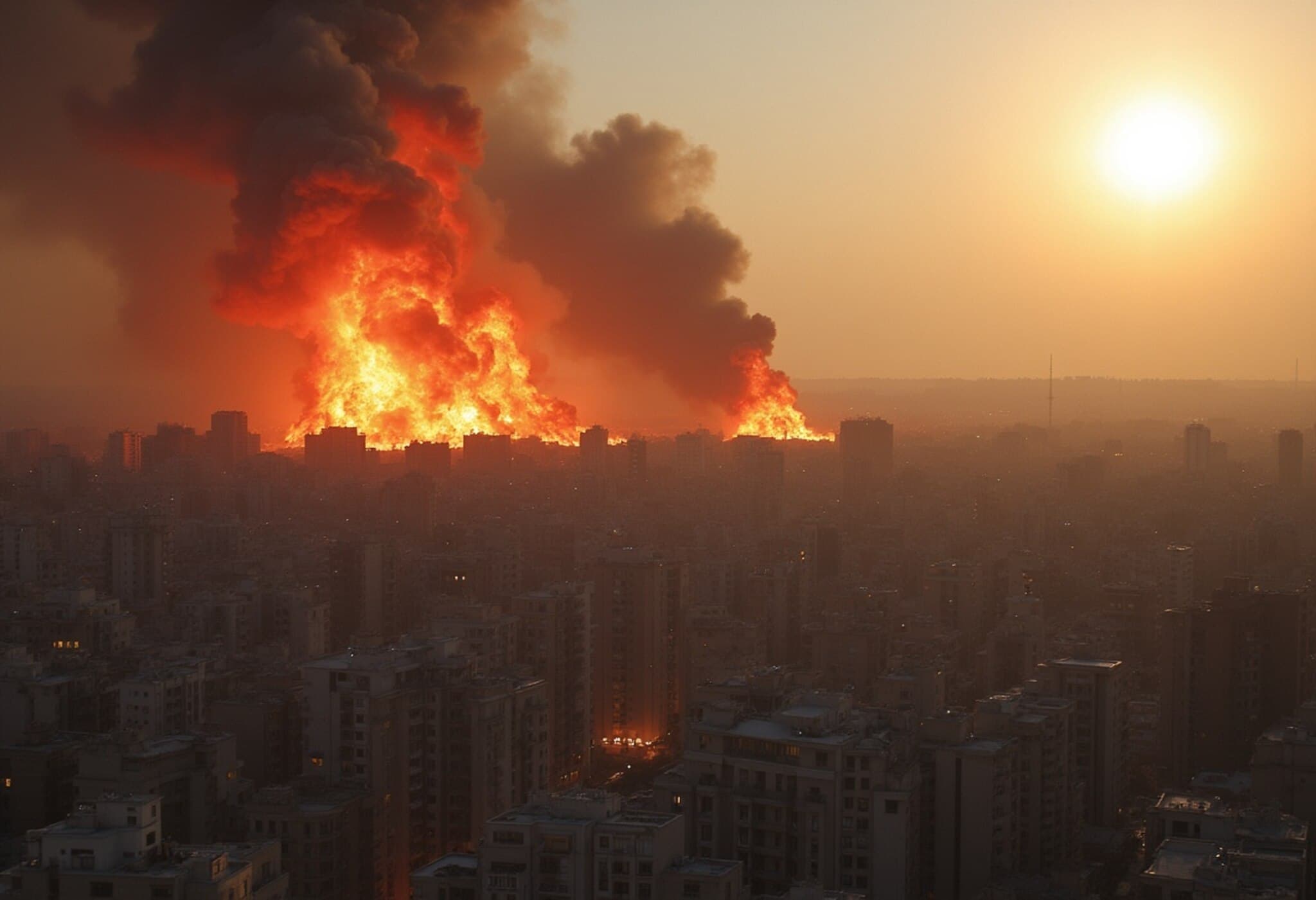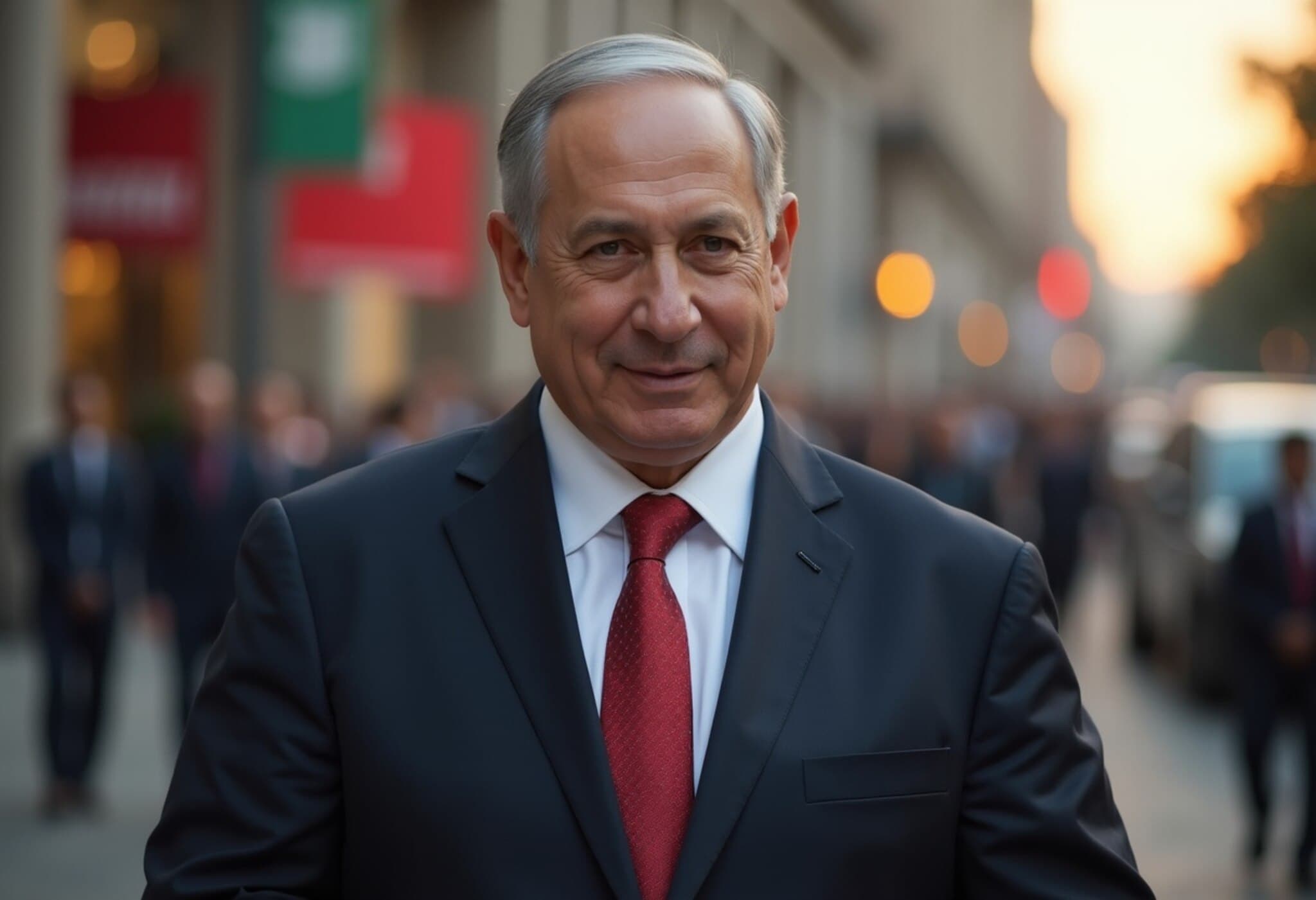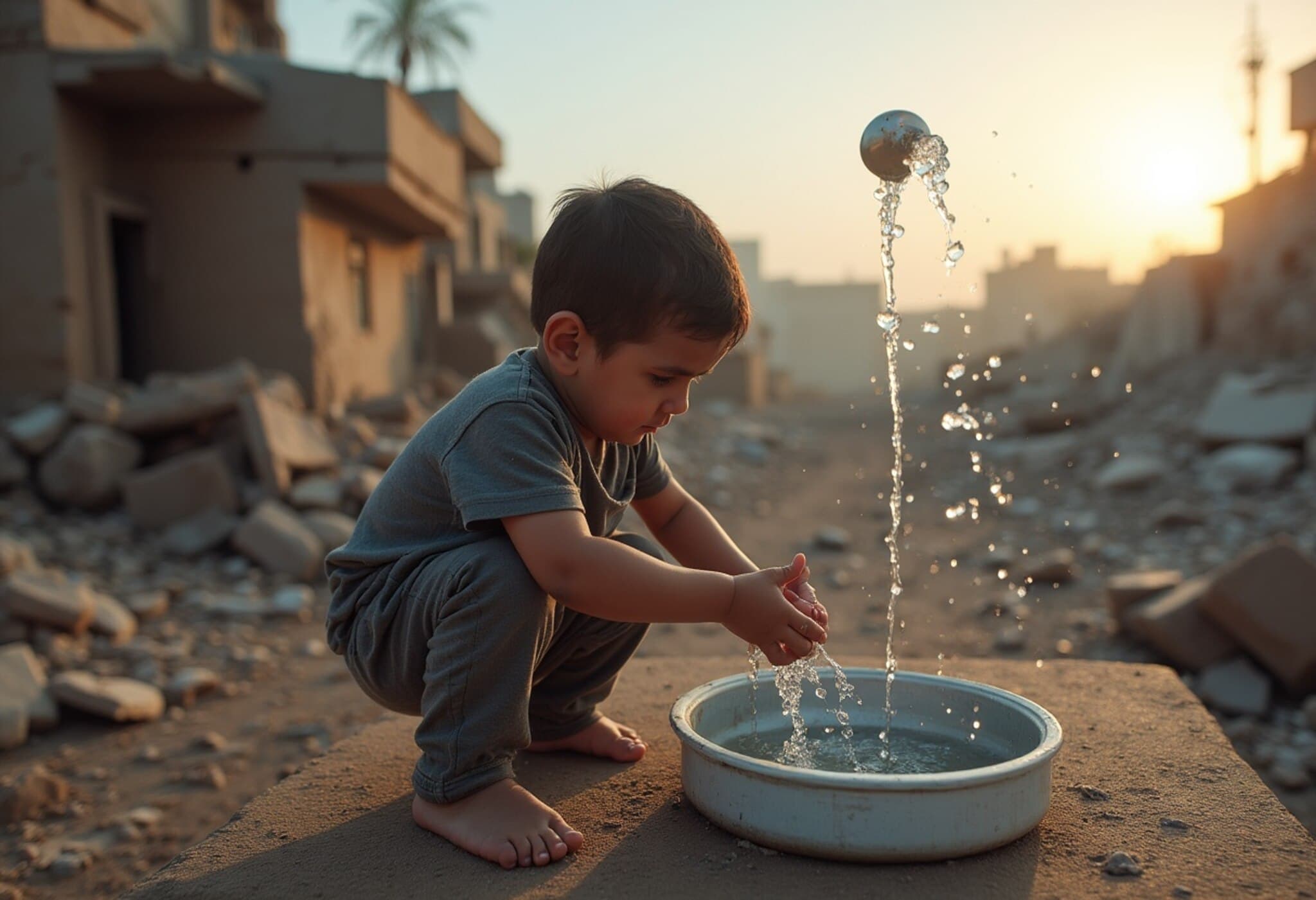Has State Recognition Altered the Gaza Conflict?
Recent moves by countries such as Australia, France, the UK, and Canada to recognize a Palestinian state at the upcoming United Nations General Assembly have sparked intense debate. Australian Prime Minister Anthony Albanese emphasized that Hamas, the militant group controlling Gaza, rejects a two-state solution and instead seeks control over the entire territory between the Jordan River and the Mediterranean Sea.
What Recognition Means—and What It Doesn’t
Albanese’s assessment captures the fundamental divide between Palestinian factions: Fatah, dominant in the West Bank, has historically supported a two-state solution with Israel, aiming for peaceful coexistence. In contrast, Hamas has consistently resisted this approach, advocating for full control over the territory and frequently resorting to armed conflict.
Despite its opposition to these diplomatic efforts, Hamas is keen to leverage international recognition of Palestine as a political victory amidst devastating conflict. More than 60,000 Palestinians have died since fighting erupted in October 2023, a toll highlighted by extensive destruction and suffering in Gaza reminiscent of catastrophic war zones like Grozny or Dresden.
The Human Cost and Political Realities
On October 7, 2023, Hamas launched an unprecedented attack on Israel, killing approximately 1,200 people—most of them Israeli civilians—and abducting around 250 hostages. This marked the deadliest assault since Israel’s founding in 1948, igniting an extended and brutal conflict with severe repercussions for Gazan civilians. Arab nations have increasingly condemned Hamas, urging an end to violence and the release of hostages.
In a rare interview from his exile in Qatar, Hamas leader Ghazi Hamad portrayed the group's violent campaign as a strategic win, asserting that the attacks forced global acknowledgment of the Palestinian cause. However, polls conducted across Gaza and the West Bank reveal a growing disenchantment among Palestinians themselves, with increasing support for negotiated settlements rather than ongoing violence.
Israeli Perspectives and Political Struggles
Within Israel, public opinion strongly favors ending the conflict to secure the release of hostages, with over 75% supporting peace talks. Estimates suggest about 50 hostages remain in Gaza, living under dire conditions, exemplified by recently released footage depicting extreme thirst and hardship. Yet, some Israeli political leaders, especially from hardline factions, advocate for expanding military operations and forcibly relocating hundreds of thousands of Palestinians from Gaza, actions that lack broad military support and risk deepening humanitarian crises.
International Implications and Diplomatic Challenges
Internationally, recognition of Palestine without U.S. backing remains largely symbolic due to America's pivotal role and its veto power in the UN Security Council. The borders and governance of any future Palestinian state remain unresolved, contested by Israel, Hamas, and Fatah alike. Nevertheless, diplomatic recognition challenges Israel’s position and pressures the increasingly extremist elements of its government, who face swelling isolation.
Notably, Germany's announcement to halt weapons sales for use in Gaza introduces a significant shift—Germany is Israel’s second-largest arms supplier and a key ally. Meanwhile, the United States continues extensive military aid to Israel, with support ranging from $12.5 billion to $17.9 billion since October 2023, underscoring the complex web of international involvement.
The Road Ahead: Complexity and Hope
Reports of tense exchanges between former U.S. President Donald Trump and Israeli Prime Minister Benjamin Netanyahu highlight the intense international scrutiny and moral dilemmas faced by allied nations amid images of civilian suffering. The path toward peace remains fraught with competing narratives, political hardliners, and the profound human cost endured on all sides.
Editor's Note
Recognition of Palestine by leading democracies symbolizes a shift in global attitudes but stops short of resolving the Gaza conflict's complex realities. The divergent aspirations within Palestinian factions, the hardline Israeli government's policies, and the indispensable role of U.S. diplomacy frame a conflict where symbolism often contrasts sharply with on-the-ground suffering and political stalemate. Moving forward, critical questions remain: Can international recognition galvanize meaningful peace talks? How might shifts in military support impact the conflict’s trajectory? And most importantly, how can civilian lives be protected amidst entrenched hostilities? These are the challenges policymakers and communities worldwide must grapple with as the Gaza crisis continues.
Irris Makler is an award-winning Australian journalist and former Middle East correspondent with nearly two decades living and reporting from Jerusalem.

